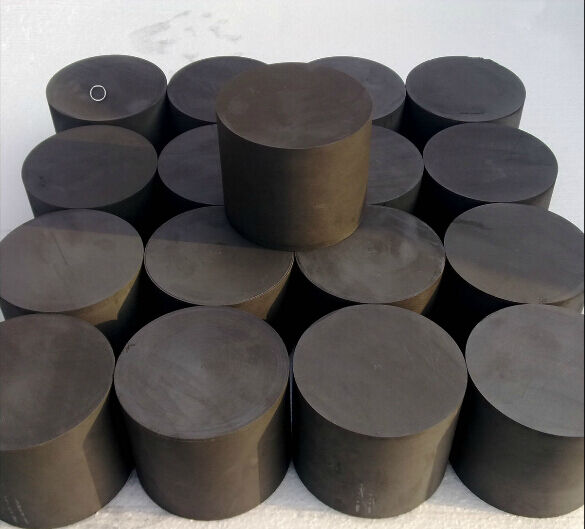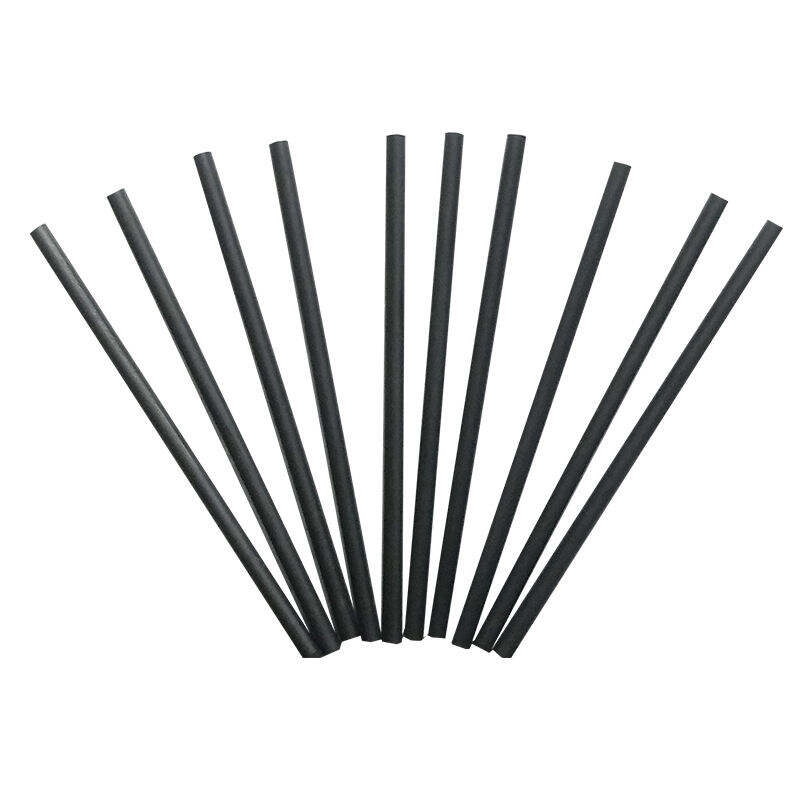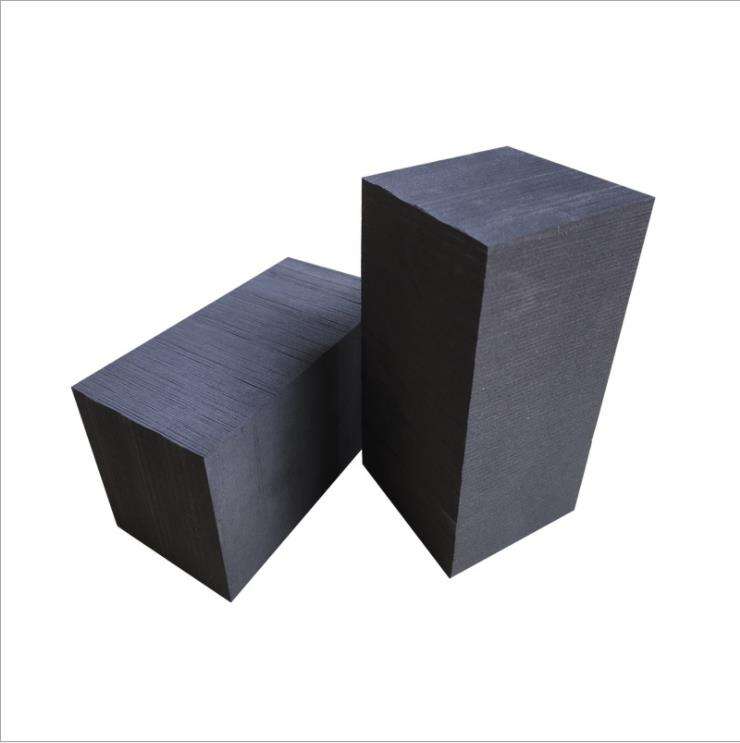graphite rod for electrolysis
Graphite rods for electrolysis are essential components in electrochemical processes, serving as reliable electrodes for various industrial and laboratory applications. These high-purity carbon rods are engineered to conduct electricity efficiently while maintaining exceptional chemical resistance and thermal stability. The rods are manufactured through a specialized process that ensures uniform density and consistent electrical conductivity throughout the material. In electrolysis applications, graphite rods function as either anodes or cathodes, facilitating the flow of electric current through electrolytic solutions to drive chemical reactions. Their high temperature resistance, up to 3,000°C in non-oxidizing environments, makes them ideal for demanding electrochemical processes. The rods come in various diameters and lengths to accommodate different setup requirements, with typical sizes ranging from 5mm to 50mm in diameter. Their porous structure allows for excellent surface area contact with electrolytes, enhancing reaction efficiency. Additionally, graphite rods demonstrate remarkable durability and cost-effectiveness compared to other electrode materials, making them a preferred choice in both industrial-scale operations and research settings.





